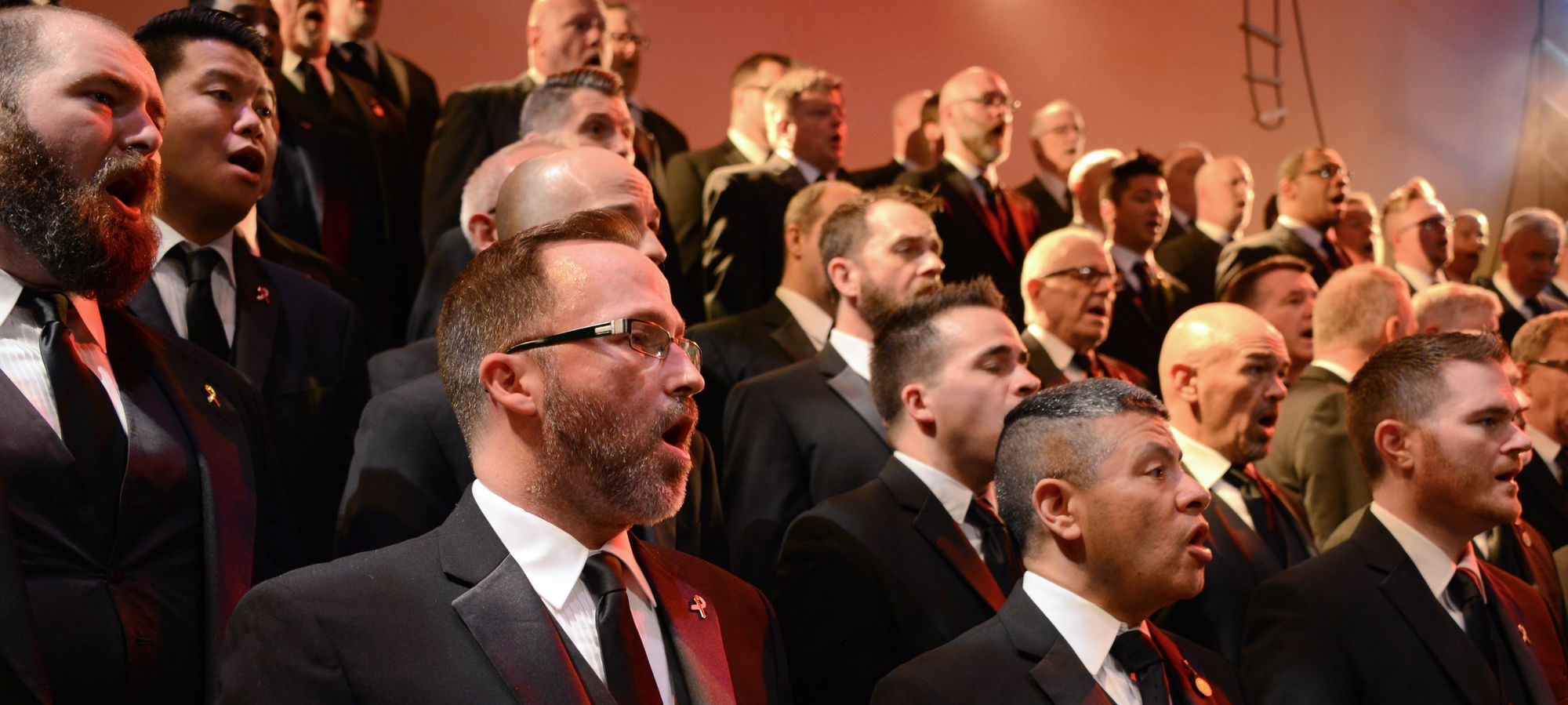In 1980, Dallas was having its moment. Due largely to the eponymous hit TV show of the time, the city was depicted as the home of filthy rich oil barons and glamorous debutantes with hair as big as Texas. It wasn’t a completely accurate portrayal (though not completely inaccurate, either), but at least the infatuation with the Ewings helped to remove the shadow of the JFK assassination 17 years earlier.
“This was the early 80s and to call yourself a gay men’s chorus was adding a lot of social weight,” says Sean Mikel Baugh, the Charles Longcope Jr. Artistic Director and Conductor of the Turtle Creek Chorale, noting that some chorus members were afraid to have their names listed in the concert programs during those early years. There were others who could not be seen on video. “In Texas, it was a time (when) you could still be fired for being an ‘out’ gay person.”
As the social stigma surrounding the gay community decreased through the decades, membership increased. Forty-three years later, the Turtle Creek Chorale is the state’s largest predominantly gay men’s chorus, comprised of approximately 240 dues-paying members. They’ve sung in spaces as large as Carnegie Hall, as small as East Texas churches, and have a European tour on the horizon. They’re the most recorded male chorus in the world.
Their November concert, Border Songs, explores issues around immigration, especially in Texas. “We’re going to share stories, both musical and narrative, from members of our choruses that are either undocumented or have immigration stories,” Baugh says. Approximately half the program will be sung in Spanish at Holy Trinity Catholic Church on Oak Lawn, which has a large Hispanic congregation. “We’re hoping to reach out to the Hispanic community, especially at this concert…. Lots of great stories, so it should be a really powerful event.”
The chorale’s 2023 season wraps up with their annual holiday concert this December when they bring in Irish singer/songwriter Chloe Agnew, former member of the Celtic music group, Celtic Woman. She’ll be joined by a full orchestra, chorus, and Five Second Rule, a high-energy fusion of Celtic, rock, and roots music.

1 ⁄5
Charles Longcope, Jr. Artistic Director and Conductor Sean Baugh conducting during "Let Us March On" Carnegie Hall, July 2022. Photo by Daniel Wright.
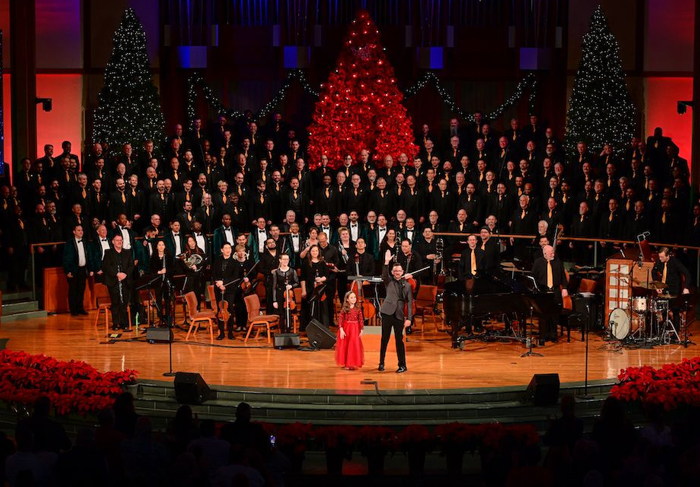
2 ⁄5
Turtle Creek Chorale in "Sure Stars Shining" at First United Methodist Richardson, December 2022. Photo by Michael McGary.
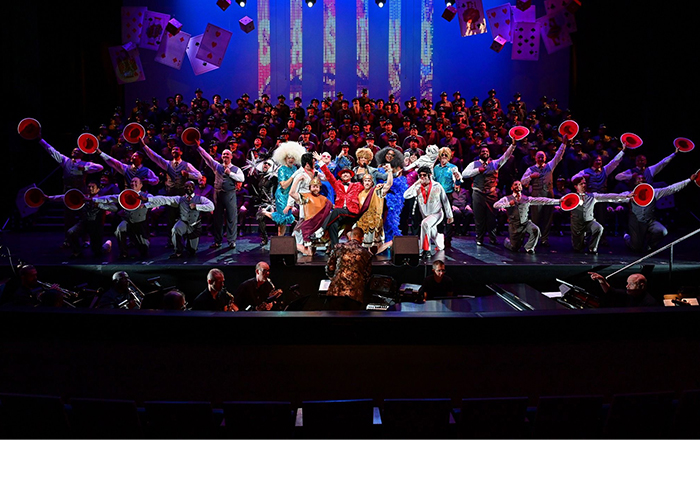
3 ⁄5
Turtle Creek Chorale in "What Happens In Vegas" concert in 2023. Photo by Michael McGary.
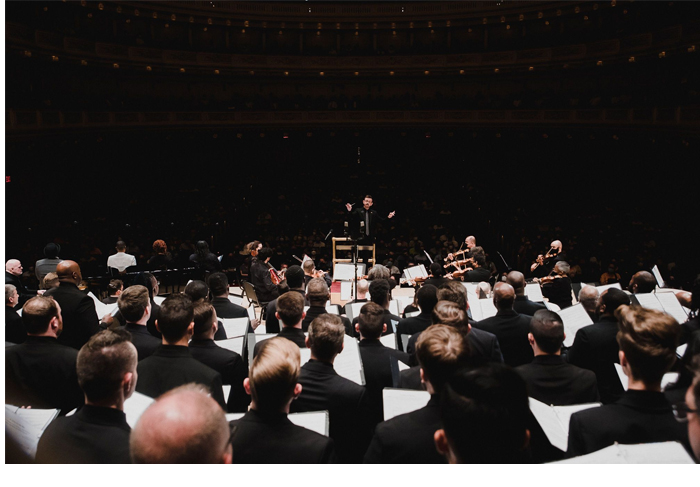
4 ⁄5
Turtle Creek Chorale in "Let Us March On" Carnegie Hall, July 2022. Photo by Daniel Wright.
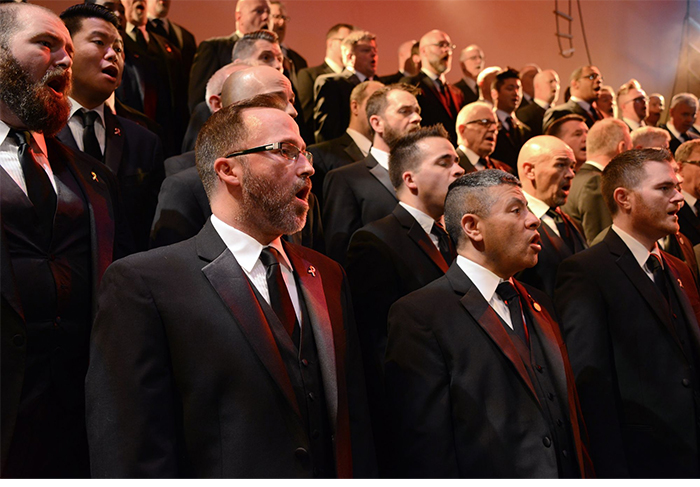
5 ⁄5
Turtle Creek Chorale singers. Photo by Michael McGary.
In December 2024, they’ll conclude the season with Wonder, intended to be a concert looking at what the holidays mean through the eyes of kids.
—AMY BISHOP

